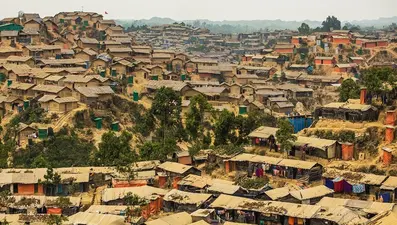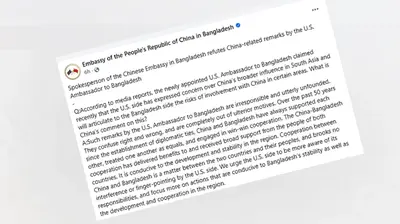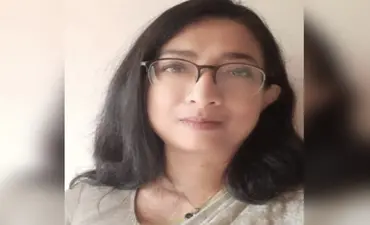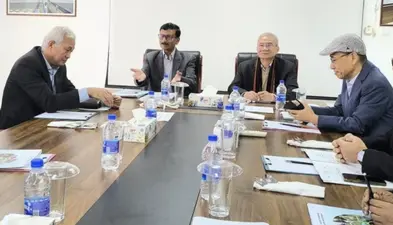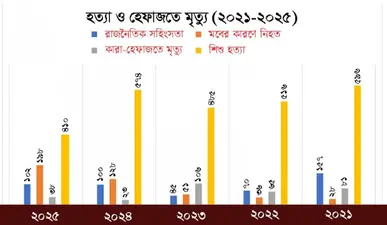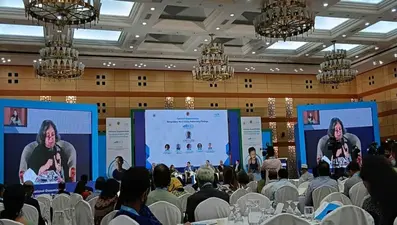Child Abuse Crisis Deepens in Bangladesh
259 Children Murdered, 306 Raped in First 7 Months of 2025
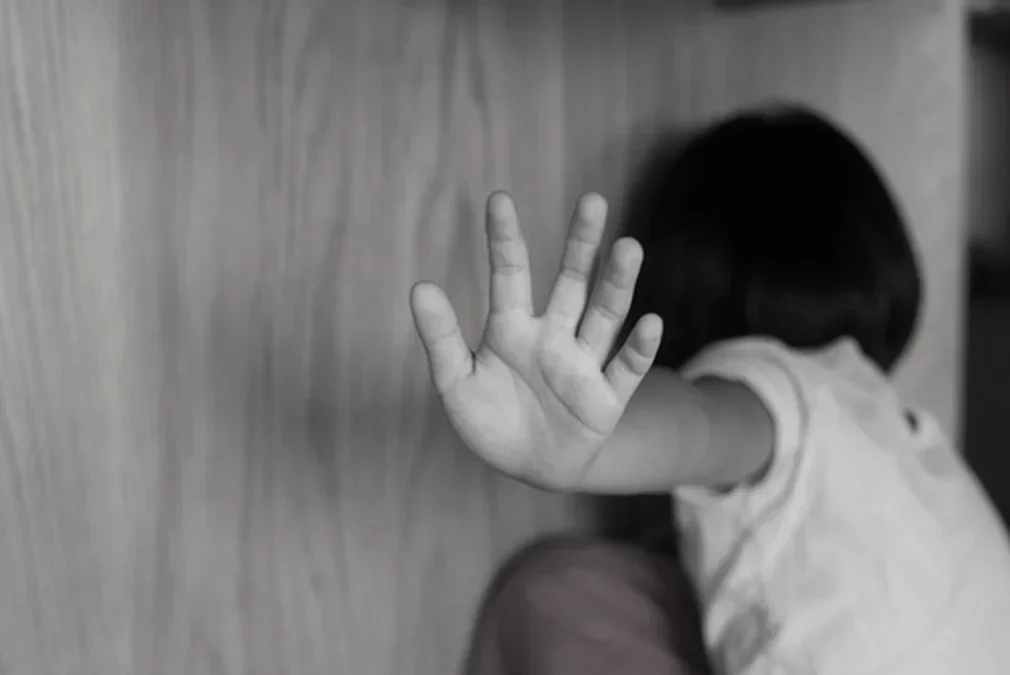
Bangladesh is witnessing a surge in violence against children, with alarming increases in murders, sexual assaults and other forms of abuse during the first seven months of 2025, according to data from Ain o Salish Kendra (ASK) and child rights organizations.
Stark Rise in Murders and Sexual Violence
Between January and July this year, at least 259 children were murdered and 640 were subjected to various forms of abuse, ASK reported. Among these cases, 306 children were raped, nearly double the number recorded during the same period in 2024. Of the rape victims, 49 were under six years old, and 30 were boys, indicating that both girls and boys remain at risk.
Analysis shows that most murdered children were under 12, and in many cases the killers were family members — parents, stepmothers, or relatives. Other killings were linked to sexual assault, neighborhood disputes, or conflicts over issues such as mobile games and drug use.
Underreporting and Justice Gap
Rights groups warn the true scale of child abuse is far higher, as many incidents go unreported. In at least 152 rape cases, no lawsuits were filed, leaving survivors without access to justice. According to the Bangladesh Mahila Parishad, around 60 percent of rape cases in the country involve victims under 18.
The Child Helpline (1098) received more than 26,000 abuse-related calls in seven months, compared to 19,265 calls in the same period last year. Overall, helpline calls rose by over 100 percent, reflecting both rising incidents and greater reporting.
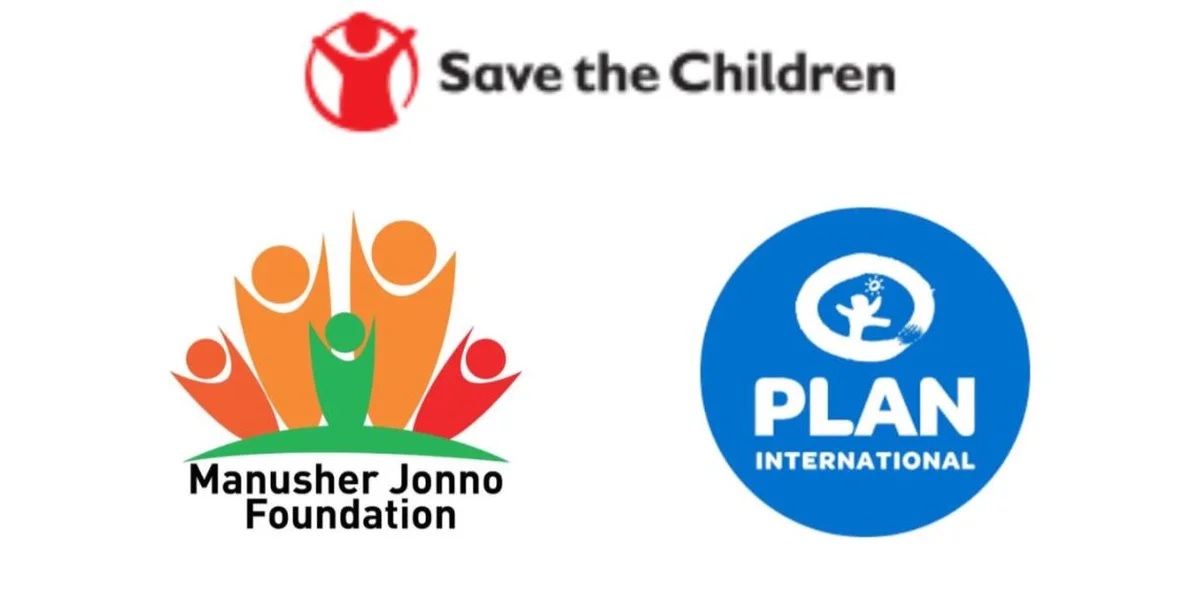
Among the shocking cases this year were the killing of a mother and two children by a relative in Bhaluka, Mymensingh; the rape and murder of an eight-year-old in Magura; the killing of twins by their mother in Munshiganj; and the murder of a three-year-old by her mother in Dhaka.
Civil Society’s Alarm
In a joint statement last month, Manusher Jonno Foundation (MJF), Save the Children in Bangladesh, and Plan International Bangladesh described the situation as a “national crisis”. They stressed that children remain vulnerable both in family environments and in public spaces, and urged for urgent systemic reforms.
Their recommendations included:
- Stronger law enforcement and accountability
- Establishment of a child-friendly justice system
- Community-based prevention programs
- Safe environments in schools with zero-tolerance policies
- Effective use of helplines 1098 and 999
- Oversight by the National Child Welfare Board
- Legal and psychological support for survivors
- Responsible media reporting on child abuse
Expert Warnings
Dr. Muhammad Umar Faruq, Professor at Maulana Bhasani Science and Technology University, said most murders occur within families, often due to strained relationships, drug abuse, or domestic instability.
ASK’s Senior Coordinator Abu Ahmed Fayzul Kabir added:
“Violence against children reflects not only a failure of law and justice, but also a moral failure of the state and society.”
Rights leaders including Shaheen Anam (MJF), Sumon Sengupta (Save the Children), and Kavita Bose (Plan International) said:
“Behind every statistic is a child and a family suffering trauma and loss of dignity. Protecting children from violence is a moral, legal and national responsibility.”
Call to Action
Child rights activists warn that without stricter law enforcement, faster justice, family and community awareness, and a comprehensive national child protection strategy, the crisis will worsen, threatening the very future of Bangladesh’s younger generation.

